My hero.
Musk hit a key performance target on Wednesday, meaning the billionaire is set for another award of share options under a 2018 performance plan.
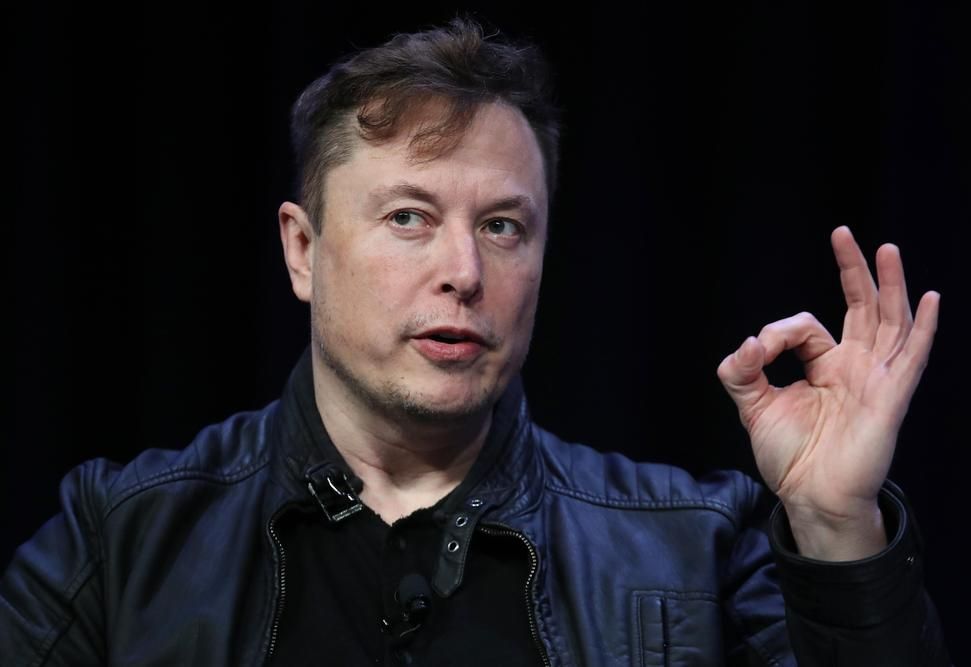

A University of Saskatchewan (USask) research team has uncovered how bats can carry the Middle East respiratory syndrome (MERS) coronavirus without getting sick—research that could shed light on how coronaviruses make the jump to humans and other animals.
Coronaviruses such as MERS, Severe Acute Respiratory Syndrome (SARS), and more recently the COVID19-causing SARS-CoV-2 virus, are thought to have originated in bats. While these viruses can cause serious and often fatal disease in people, for reasons not previously well understood, bats seem unharmed.
“The bats don’t get rid of the virus and yet don’t get sick. We wanted to understand why the MERS virus doesn’t shut down the bat immune responses as it does in humans,” said USask microbiologist Vikram Misra.
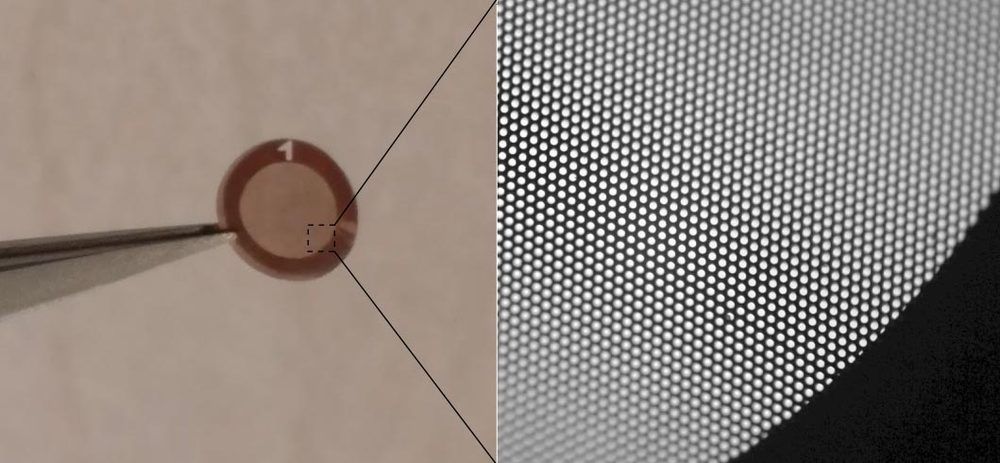
Graphene light sail of 3mm in diameter with a mass of 0.25 mg ‘sets sail’ when pointed with a 1W laser. The prototype has a graphene micromembrane design that reduces the overall mass while keeping functional the complete area of the sail. Credit: Dr. Santiago Jose Cartamil-Bueno.
Overseas exploration and trade during the Age of Discovery (15th-17th centuries) were possible by sail technology, and deep-space exploration will require the same for the coming Age of NewSpace. This time, however, the new sails shall move with light instead of wind, for which these light sails need to be extremely large, thin, lightweight, reflective, and strong.
In a light-hearted leap for humankind, ESA-backed researchers demonstrate the laser-propulsion of graphene sails in microgravity.
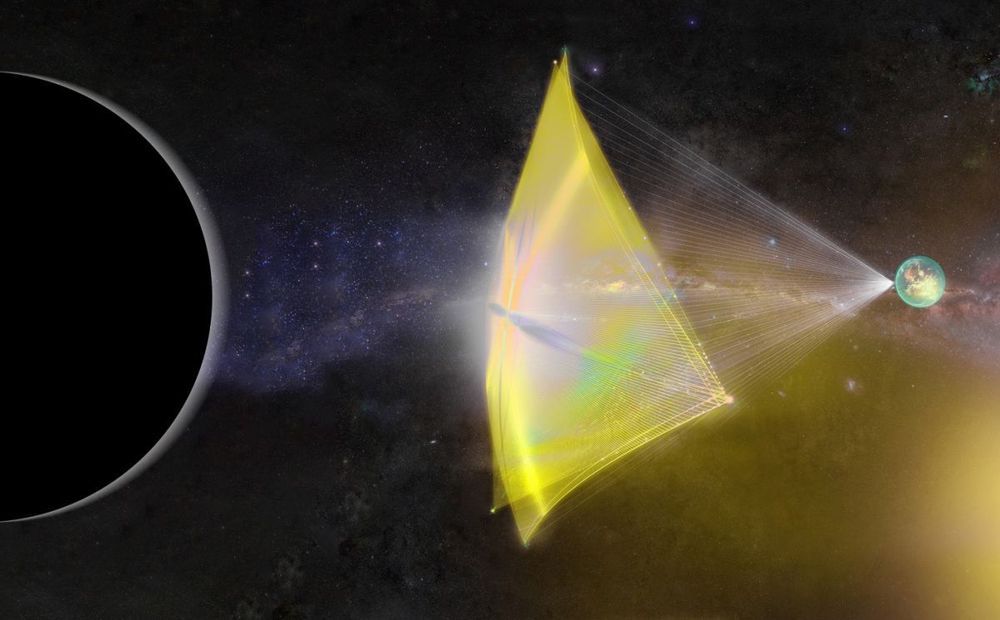
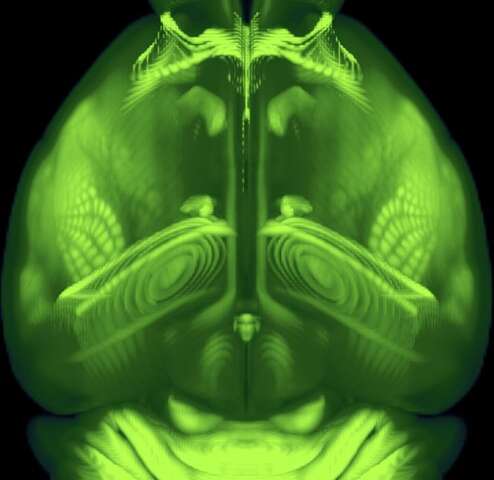
After three years of intensive data-gathering and careful drawing, the mapmakers’ work was complete.
The complex terrain they charted, with all its peaks, valleys and borders, is only about half an inch long and weighs less than a jellybean: the brain of the laboratory mouse.
In a paper published today in the journal Cell, the Allen Institute mapmakers describe this cartographical feat—the third iteration of the Allen Mouse Brain Common Coordinate Framework, or CCFv3 (https://portal.brain-map.org/), a complete, high-resolution 3D atlas of the mouse brain.

Singer Grimes has revealed the meaning behind the unique name of her newborn son with Tesla and SpaceX CEO, Elon Musk.
Musk announced the birth of their baby boy in a post on Twitter Tuesday, telling a fan that they had chosen to call him X Æ A-12 Musk.
Memes around the choice of moniker came thick and fast with many members of the online community wondering how it was pronounced.

From the editor: So far, the primary purpose of this site has been to serve as a “central point of information about anime and manga studies”, and a collection of resources that would be useful to the anime and manga studies community. However, I also gladly welcome new material, such as actual original commentary on anime/manga. If you would like to contribute an essay on any topic related to anime/manga, whether commentary or original research, please feel free to contact me.
The first such essay that I am happy to feature is “Towards a New Posthuman Ontology – The Anti-Anthropocentrism of Ghost in the Shell 2: Innocence”.
Yalun Li is the Co-founder of Dunes Workshop, an inter-disciplinary research and design organization. She is a candidate of Master of Architecture at Harvard University GSD and holds a Bachelor degree of Architecture at Syracuse University with a Philosophy minor. Her research interests include topics on Postmodernism theories in relation to media studies.
He continued, “This is a surprise: Overwhelmingly, the people were at home. We thought maybe they were taking public transportation, and we’ve taken special precautions on public transportation, but actually no, because these people were literally at home.”
“They’re not working. They’re not traveling,” Cuomo added, according to NBC News. “We were thinking that maybe we were going to find a higher percent of essential employees who were getting sick because they were going to work — that these may be nurses, doctors, transit workers. That’s not the case. They were predominantly at home.”

Medical researchers in the Republic of the Congo have discovered that an Israeli-developed HIV drug apparently can be used to successfully treat critically ill COVID-19 patients. Furthermore, the drug might be available within “weeks to months, but not more” after further clinical trials are carried out.
Doctors from the Clinique La Source hospital in the Congolese capital Brazzaville noted that HIV patients who were in critical condition due to COVID-19 showed significant improvement after being administered a drug named Gammora for their HIV symptoms.
Local researchers in Republic of the Congo note improvement among HIV patients with COVID-19, conduct small trial that confirms outcome.
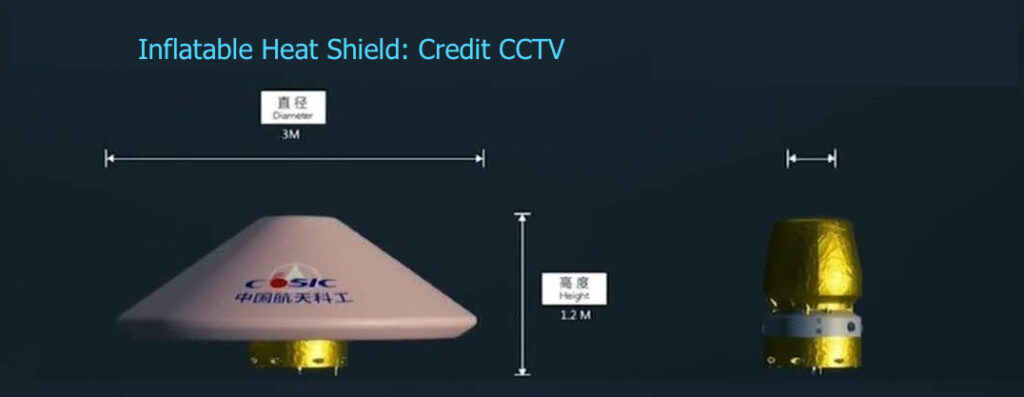
New spacecraft experience setbacks all the time. SpaceX Starship prototype violently disassembled several times. Boeing launched the CST-100 but ended up in the wrong orbit. China isn’t a stranger to setbacks either.
China tested a prototype spacecraft on May 5th, 2020 in efforts to prove the technology was ready. It’s good it was a test and not an actual mission since the spacecraft did not perform as expected. The news agency Xinhua reported the spacecraft launched from Hainan China, operated abnormally during its return.
Spacecraft experience tremendous heat during the last minutes of their mission. The heat shield protects the spacecraft from that heat. NASA looked at lots of materials and tested many before using for heat shields.